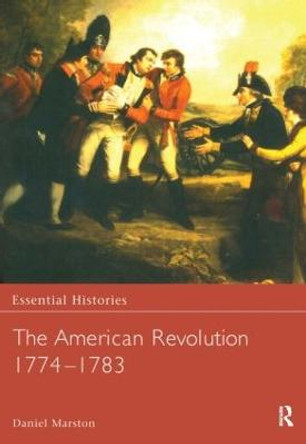Description
A unique examination of the role of the Indian army in post-World War II India during the run-up to Partition.
About the Author
Daniel Marston is Professor of Military Studies in the Strategic and Defence Studies Centre at the Australian National University, Canberra. He is also the Principal of the Military and Defence Studies Program at the Australian Command and Staff College in Canberra, Australia. He has also been a Visiting Fellow with the Oxford Leverhulme Programme on the Changing Character of War. His first book Phoenix from the Ashes, an in-depth assessment of how the British/Indian Army turned defeat into victory in the Burma campaign of the Second World War, won the Field Marshal Templer Medal Book Prize in 2003. He completed his doctorate in the history of war at Balliol College, Oxford, and is a Fellow of the Royal Historical Society.
Reviews
'The 'Transfer of Power' in India has often been written about in terms of politics and personalities, but lingering largely unnoticed in the background has been a crucial, unasked question: why did the Indian Army, under stresses as powerful as any army in modern history has experienced, not simply disintegrate, throwing the subcontinent into total chaos? Mixing massive archival research, interviews with surviving participants, British, Indian and Pakistani, and a profound empathy for the subject, Marston answers that question in a book that will certainly readjust perspectives on the end of the Raj, and be essential reading for any serious student of that epochal event.' Raymond Callahan, FRHS, Professor Emeritus, University of Delaware
'Daniel Marston has given us in this volume some deep insights into how the former British Indian Army went through a transformation to become the truly national armies of two independent states whose foreign and defence policies were very different to those of their former Imperial master. This volume is built on prodigious, accurate documentary work and hundreds of interviews with surviving British, Indian and Pakistani soldiers of those times. It is a complex, fascinating and well-told story, and reinforces in the mind of the reader the value of the old British model of military-political relations. At the same time, it demonstrates the importance of the liberal post-imperial policy which permitted and encouraged the transfer of power while still retaining a high military capability which was to be put to the test all too soon.' Robert O'Neill, Chichele Professor of the History of War, All Souls College, University of Oxford
'Daniel Marston's superb history shows how the Indian Army stayed cohesive and effective in the face of external enemies and the near-collapse of the colonial state. It is a story with valuable lessons for policymakers looking to understand what keeps armies together - and out of politics - in democratic transitions.' Steven I. Wilkinson, Nilekani Professor of India and South Asian Studies and Professor of Political Science and International Affairs, Yale University, Connecticut
'Marston's work is eminently readable and presents a very clear analysis of what strengths the Army of the Raj was able to draw upon to overcome civil and political disorder. His use of a myriad of primary sources further reinforces his thesis and position. His is not a study of the individual soldier but their reminisces and that of their peers and commanders are the basis upon which the work is built ... Marston's book is an outstanding work and deserves the closest of review.' Chris Buckham, War History Online (warhistoryonline.com)
Book Information
ISBN 9780521899758
Author Daniel Marston
Format Hardback
Page Count 400
Imprint Cambridge University Press
Publisher Cambridge University Press
Weight(grams) 680g
Dimensions(mm) 235mm * 157mm * 25mm







